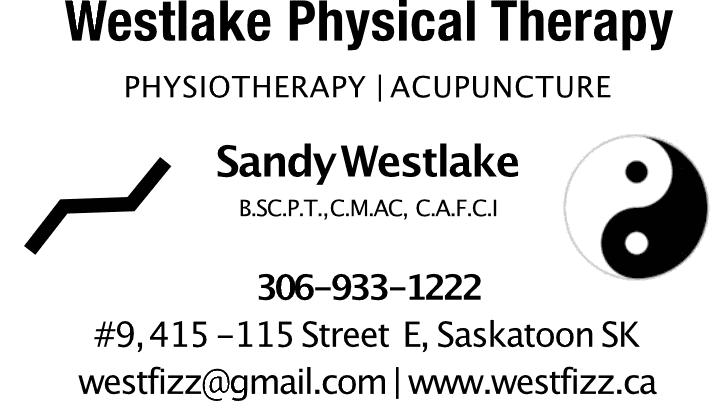
We all know someone who has experienced pain. Some pain is acute. Other pain can be chronic and debilitating, causing lifelong problems well past the initial injury or disease that started the whole process. Likely, we have all experienced pain at some point in our lives.

We have also all been exposed to the ongoing opioid crisis that continues to make headlines. Medications and analgesics all have their place, but is there another alternative that might possibly reduce the need of opioids and the further addiction and abuse of some of these substances?
As a physiotherapist and a member of the Canadian Physiotherapy Association ( CPA), I have become much more aware of the problem when I received an article, Physiotherapist's
"There are many ways to address pain with alternatives that are less risky than opioid use..."
Role in the Opioid Crisis, from our Association. The article describes how big of a problem it is becoming, in part due to its use in treating pain. It demonstrates a need to optimize pain management and reduce the need for opioids. It calls on physiotherapists to strive to educate the public and the government about physiotherapy as a safe and effective primary care strategy to manage pain.

In June of 2019, CTV News published an article with data provided by Public Health Agency of Canada: Opioid-Related Deaths in Canada. The data is heart wrenching and shows the need to address the use/overuse/addiction of these substances.
- The amount of opioid deaths involving fentanyl (in Canada) have increased a staggering 121% from 2016-2018.
SK Statistics :
- In 2016 - 11 % of opioid deaths involved fentanyl.
- In 2018 - SK saw this number INCREASE to 45% of opioid deaths involved fentanyl.
- Saskatchewan's increase in fentanyl- related opioid deaths was the largest increase of any province or territory in Canada for that time period.
- 4400 Canadians died in opioid-related overdoses in 2018; 95 deaths were in Saskatchewan.
Physiotherapists treat pain on a daily basis and it is one of the main reasons that people seek physiotherapy. Some therapists, including myself, use acupuncture as a further means to manage pain, where traditional methods have perhaps not been as effective. There are many ways to address pain with alternatives that are less risky than opioid use, and that offer hope to those who want to live with less pain and still be able to enjoy a better quality of life. CPA is working with Health Canada and organizations such as the Canadian Medical Association (CMA) to improve treatment of both acute and chronic pain.
Education is paramount in ensuring that all people have access to the best health care options to help address pain. There is a place for many avenues of pain management, and as both a physiotherapist and one who is also certified in Medical Acupuncture, I am compelled to work towards informing the public of the other options available to them. If we can try non-opioid options first or early on in managing pain, it is my hope it may lead to improved health and well-being, and be a step towards reducing the "opioid crisis" that we now hear more and more of.
